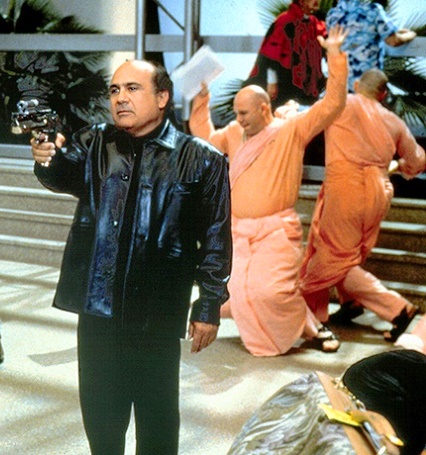MarketsMuse global macro strategy insight courtesy of extract from today’s a.m. edition of Rareview Macro LLC’s “Sight Beyond Sight”, which includes references to the following ETFs: EMB, HYG and LQD.. For those already subscribing to “SBS”, you already know that this market strategist incorporates a cross-asset model portfolio that has outperformed a significant number of those who oversee billions of dollars on behalf of the world’s most demanding investors.

New Tactical Trade – Short German DAX…Model Portfolio -33% Net Short Equities
US Dollar Input – Not Just “Patient” and “QECB” but also Balance Sheet Management
Credit – Watch EMB, HYG, LQD Today
Model Portfolio Update – March 6, 2015 COB: +1.04% WTD, +0.89% MTD, 0.00% YTD
This morning, in the model portfolio we sold short the German DAX. Specifically, we sold 200 GXH5 (DAX Mar15) at 11485. This is a short term directional trade. The notional equates to 20% of the NAV. The update was sent in real-time via Twitter.
All in, between the S&P 500 and DAX, the model portfolio is approximately-33% net short equities. To put it in simple terms, there is an opportunity right now to short the market. Why? Because, either the FOMC Committee blinks, and you get paid until they do, or they do not blink and you get paid as risk assets discount further interest rate normalization. Either way, your short position will make you money.
Here is the best way to describe our sentiment at the moment: Continue reading


